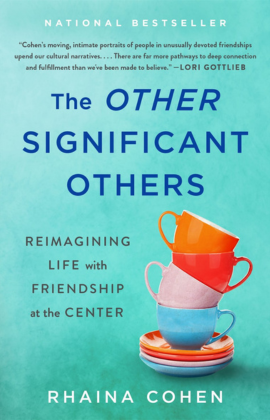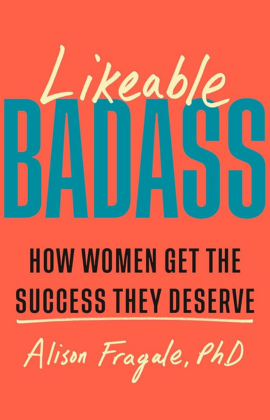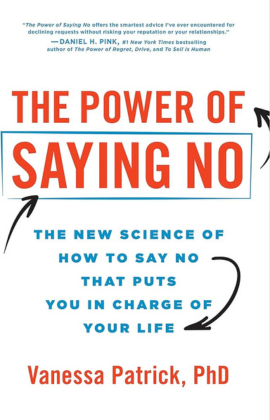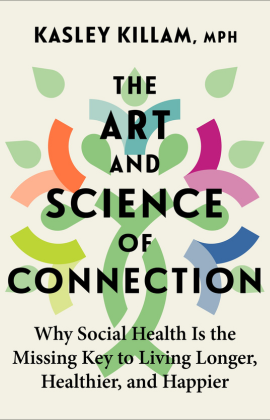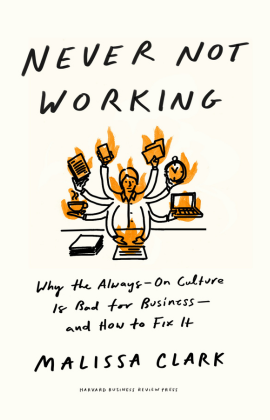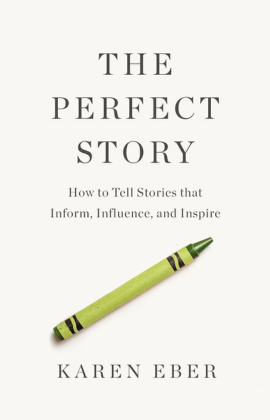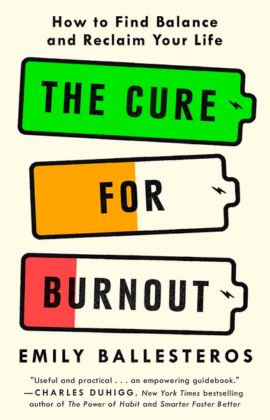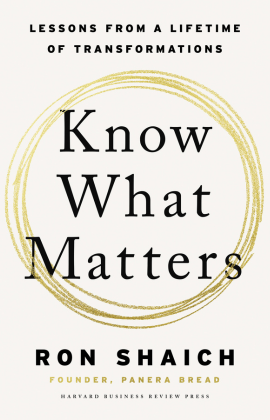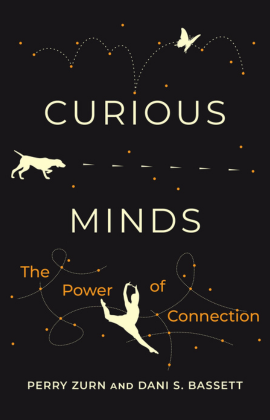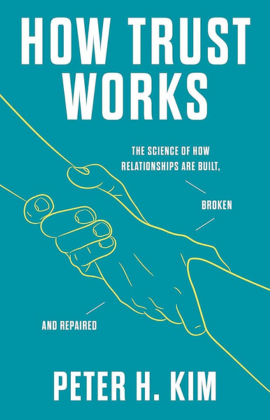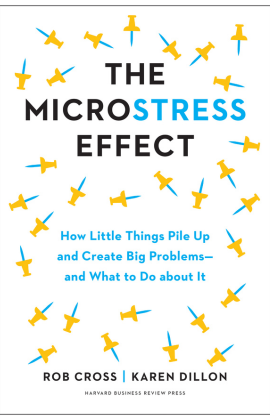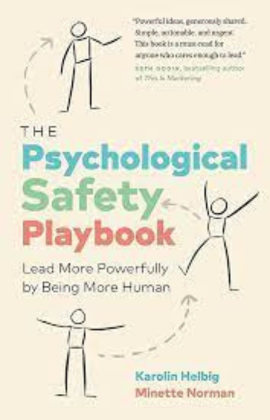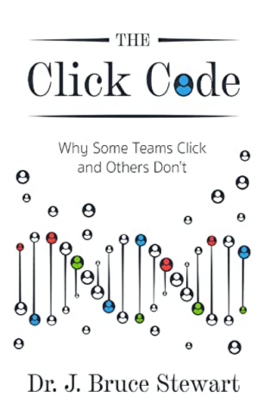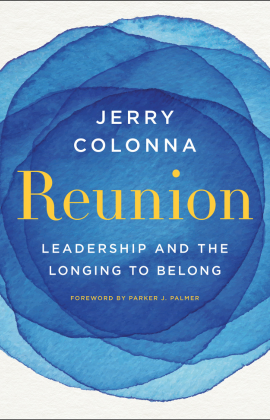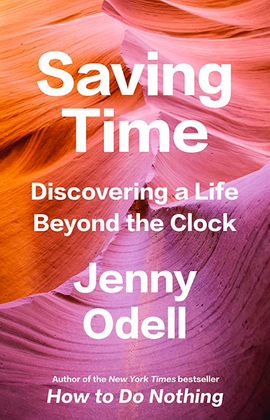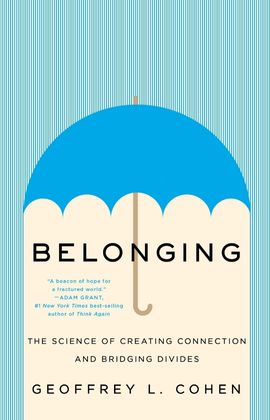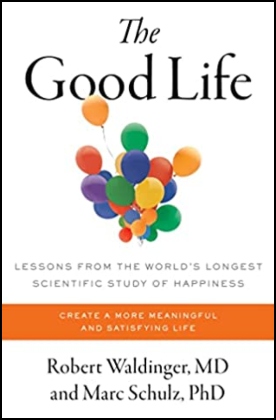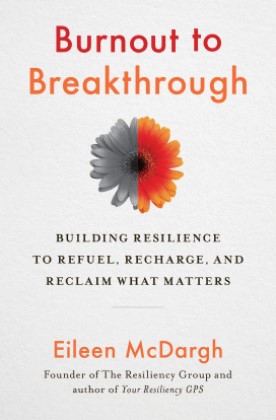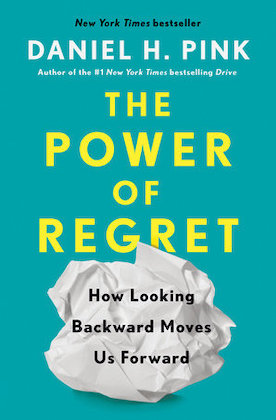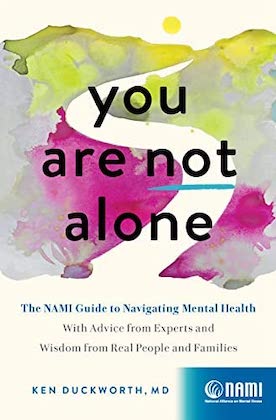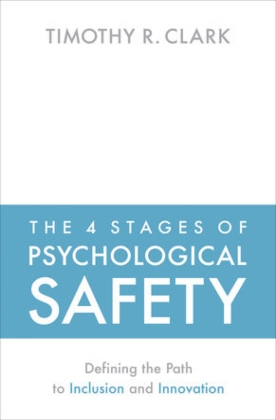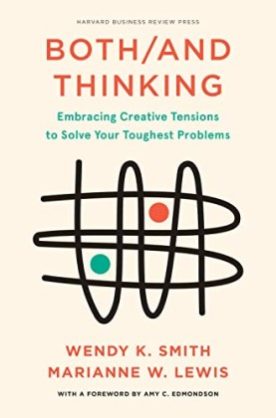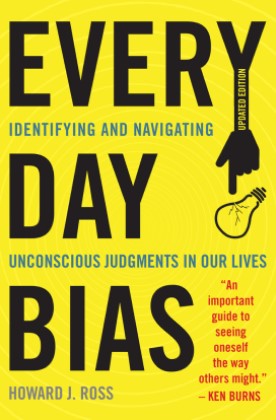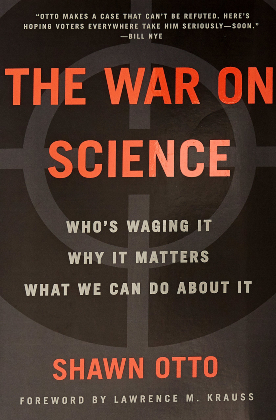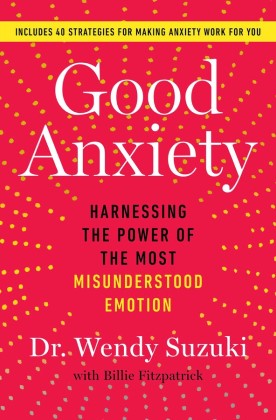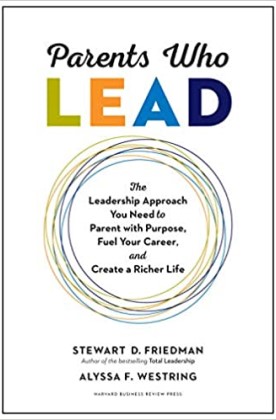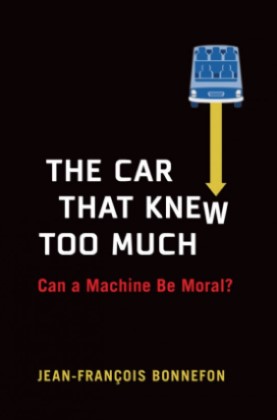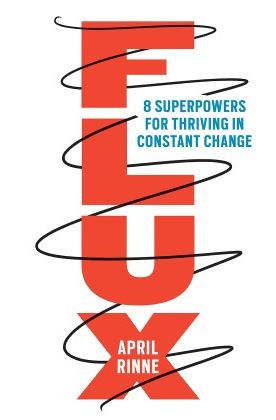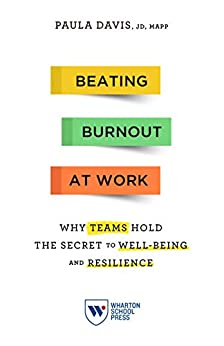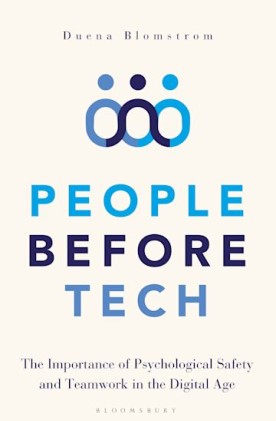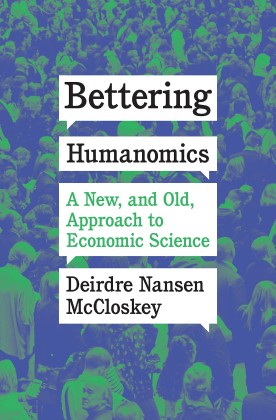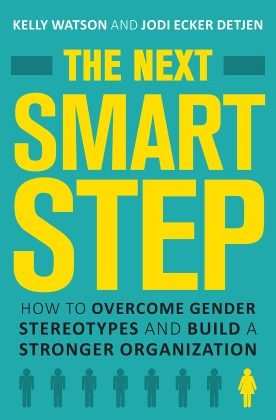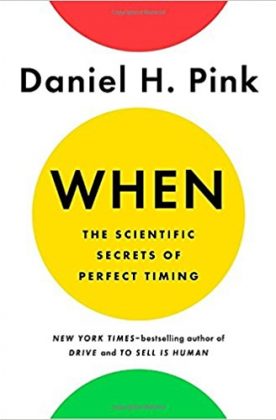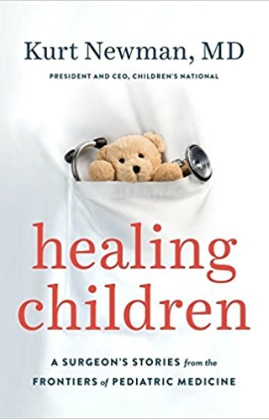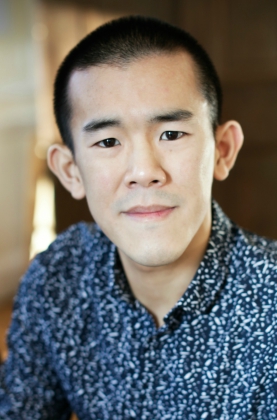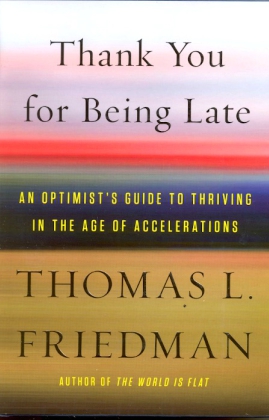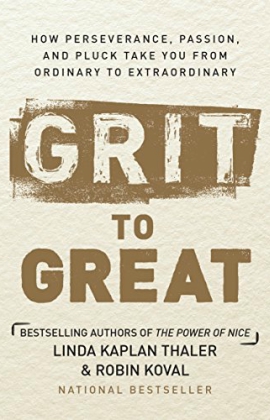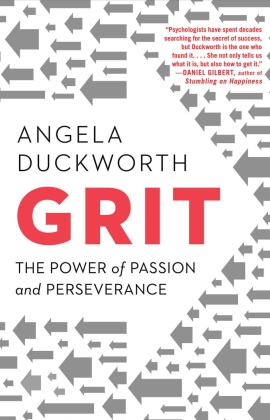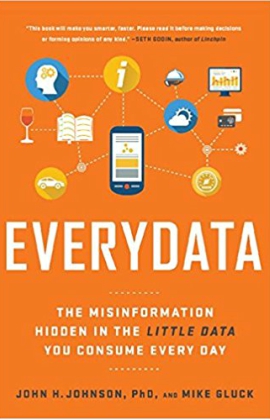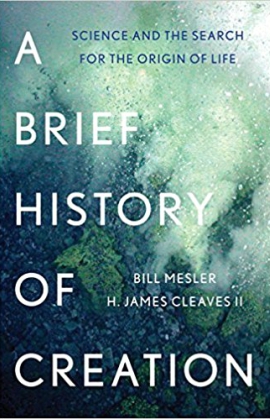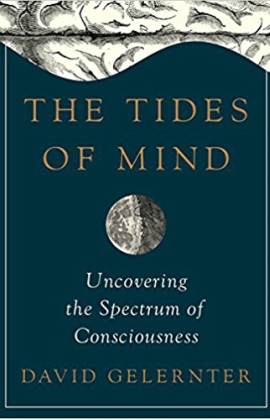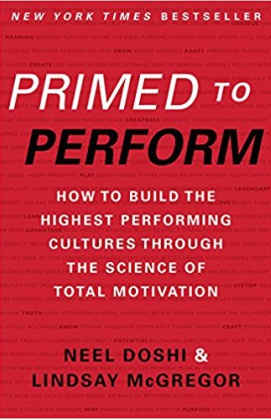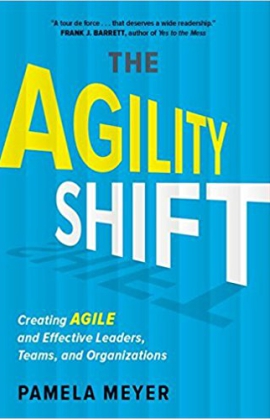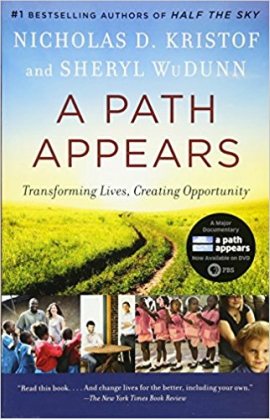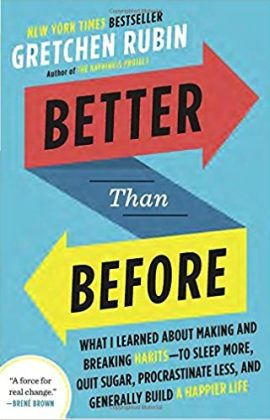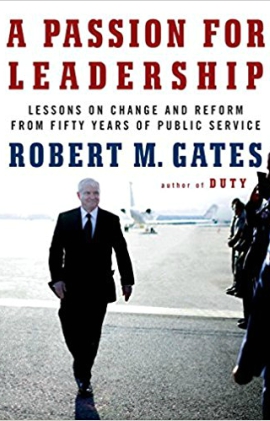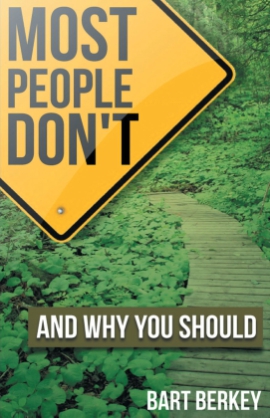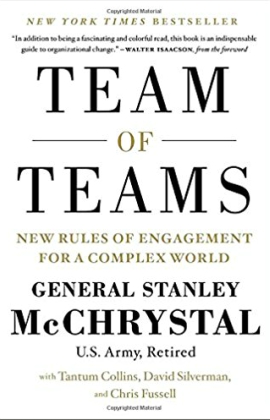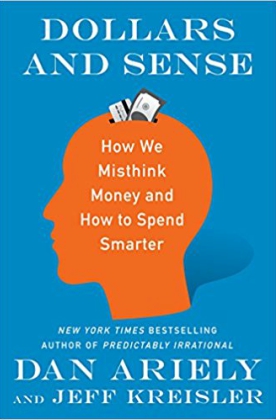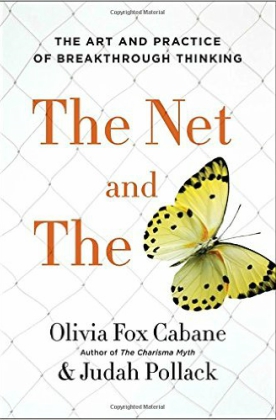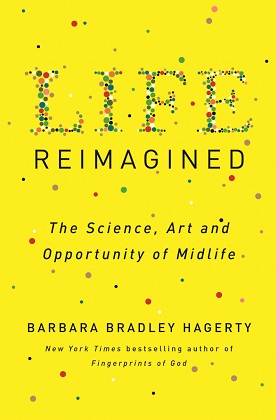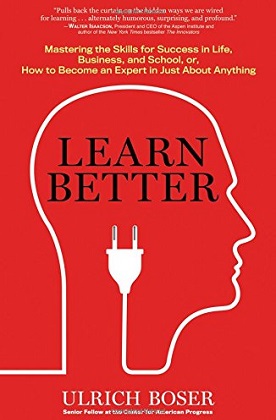- Filter by
- Categories
- Show all
- COVID-19 exposed the world’s failure to prepare for the worst — can we learn to build back better?
- About the Book — Blending humor and behavioral economics, the New York Times bestselling author of Predictably Irrational delves into the truly illogical world of personal finance to help people better understand why they make bad financial decisions, and gives them the knowledge they need to make better ones. Why does paying for things often feel like it causes physical pain? Why does it cost you money to act as your own real estate agent? Why are we comfortable overpaying for something now just because we’ve […]
- About the Book — The creative mode in your brain is like a butterfly. It’s beautiful and erratic, hard to catch and highly valued as a result. If you want to capture it, you need a net. Enter the executive mode, the task-oriented network in your brain that help you tie your shoes, run a meeting, or pitch a client. To succeed, you need both modes to work together–your inner butterfly to be active and free, but your inner net to be […]
- About the Book — There’s no such thing as an inevitable midlife crisis, Barbara Bradley Hagerty writes in this provocative, hopeful book. It’s a myth, an illusion. New scientific research explodes the fable that midlife is a time when things start to go downhill for everybody. In fact, midlife can be a great new adventure, when you can embrace fresh possibilities, purposes, and pleasures. In Life Reimagined, Hagerty explains that midlife is about renewal: It’s the time to renegotiate your purpose, […]
- About the Book — For centuries, experts have argued that learning was about memorizing information: You’re supposed to study facts, dates, and details, burn them into your memory, and then apply that knowledge at opportune times. But this approach to learning isn’t nearly enough for the world that we live in today, and in Learn Better journalist and education researcher Ulrich Boser demonstrates that how we learn can matter just as much as what we learn. In this brilliantly researched book, Boser maps out the […]
- About the Book — Joining the ranks of popular science classics like The Botany of Desire and The Selfish Gene, a groundbreaking, wondrously informative, and vastly entertaining examination of the most significant revolution in biology since Darwin—a “microbe’s-eye view” of the world that reveals a marvelous, radically reconceived picture of life on earth. Every animal, whether human, squid, or wasp, is home to millions of bacteria and other microbes. Ed Yong, whose humor is as evident as his erudition, prompts us to look at […]

